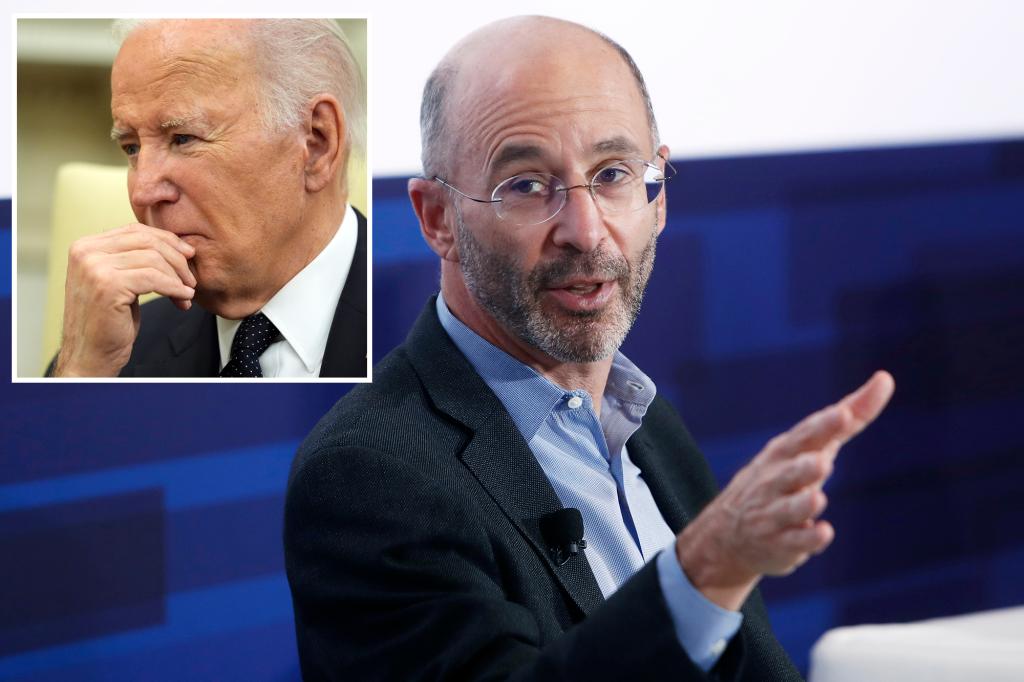Republicans lawmakers are accusing President Biden’s former special envoy to Iran, Robert Malley, of storing classified material on his personal email and cellphone, which was later accessed by a hostile cyber actor. Malley was placed on unpaid leave last June and had his security clearance suspended amid a State Department investigation focused on his alleged mishandling of classified information. Senate Foreign Relations Committee ranking member James Risch and House Foreign Affairs Committee Chairman Michael McCaul are conducting their own investigation into Malley after the State Department declined to specify the nature of the allegations against him.
Risch and McCaul have written a letter to Secretary of State Antony Blinken, asking him to confirm the allegations they have uncovered, which include Malley transferring classified documents to his personal email account and downloading them to his personal cellphone. They believe a hostile cyber actor accessed this information but are unsure to whom Malley intended to provide the documents. They are seeking more information from Blinken on the number of documents and their level of classification, as well as whether Malley tried to send the material to anyone without security clearance and if Iran was responsible for the hack.
The lawmakers are emphasizing the national security implications of the allegations against Malley and are urging accountability. The State Department has stated that Malley remains on leave and provided Congress with information on personnel inquiries related to Iran policy but did not address the specific allegations raised by Risch and McCaul. In 2015, the FBI opened a criminal investigation into former Secretary of State Hillary Clinton for similar conduct related to storing classified information on personal servers, but she was not charged with a crime despite being found “extremely careless” by the FBI.
The allegations against Malley have raised concerns about potential breaches to national security measures and the handling of classified information within the State Department. Risch and McCaul are demanding answers from the State Department and are pushing for swift and strong accountability for those responsible. The ongoing investigations into Malley’s actions, including the transfer of classified material to personal devices, are drawing parallels to previous instances of mishandling classified information at high levels of government, such as the case of Hillary Clinton. The impact of these allegations on national security cannot be understated, and the investigation into Malley’s actions is critical to maintaining the integrity of sensitive information within the U.S. government.













